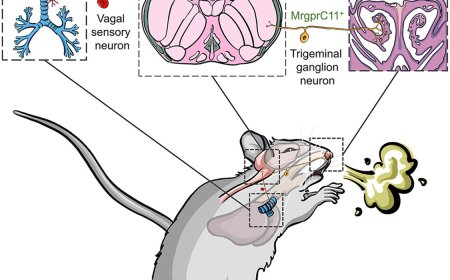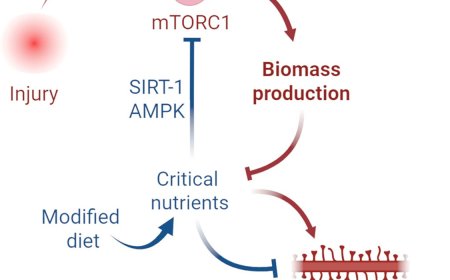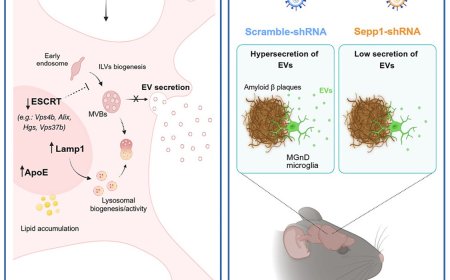Aversion encoding by neuromodulatory signals

The processing of aversive stimuli in the central nervous system is crucial for generating adaptive behaviors and for survival. Many of the mechanisms involved in aversive behaviors are conserved across species.
Activity in specific cortical and subcortical brain networks changes in response to aversive stimuli of different types.
Aversion-driven activity in neurons that produce neuromodulators and neuropeptides promotes the release of these molecules in targeted areas across the brain.
Neuromodulators and neuropeptides mediate 'slow' transmission though G protein-coupled receptors and shape appropriate behaviors in response to distinct aversive stimuli.
https://www.cell.com/trends/neurosciences/fulltext/S0166-2236%2825%2900078-5













